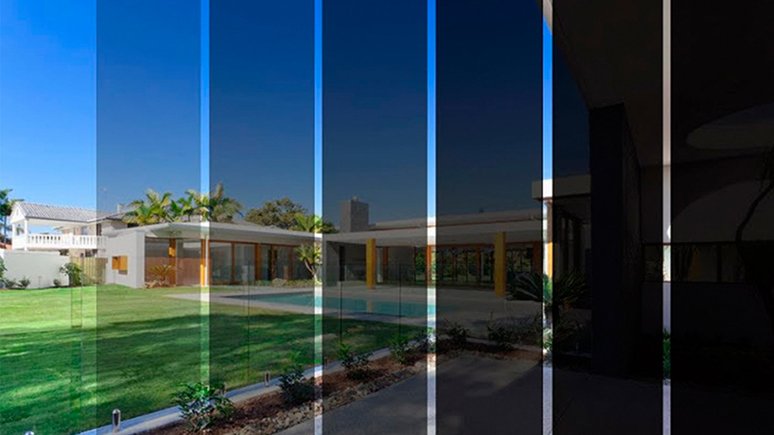GREENSTRUCT is a multidisciplinary technical company that works alongside forward-thinking professionals in creating energy efficient, high visual impact signature architecture, offering a complete series of innovative Glass Technologies. To that end, GREENSTRUCT will be participating in an international consortium of market-leading companies, as an industrial partner, in a prestigious EU funded project called RINNO.
RINNO is a Horizon 2020 project, whose ultimate objective is to dramatically accelerate the rate of deep renovation in the EU by reducing time, effort and cost, while improving energy performance and stakeholder satisfaction.
GREENSTRUCT will be using its extensive knowledge over BIPV and Thermochromic Glass to optimize the process of glass cladding and installation. During RINNO, GREENSTRUCT will aim to develop plug-n –play modular building envelope solutions using Building Integrated Photovoltaics and Thermochromic Glass, in order to accelerate (triple) the rate of deep renovation in energy inefficient buildings around Europe, and thereby contribute to reaching the target of 32.5% in energy savings set by the EU Green New Deal. In addition to that, indoor microclimate will be monitored by sensors in order to compare energy consumption results.
BIPV technology can be integrated perfectly into both pre-existing as well as future architectural structures, turning them into a complete, multifunctional, high-performing, solar-energy power plant. Its main advantage is that they can be installed like conventional glass, enabling us to save time and money from installing PV panels, as well as it is the only building material fully paid-off, that keeps generating revenue throughout its entire life span.
Thermochromic Glass, on the other hand, lightens and darkens by itself -with absolutely no mechanical intervention- based on heat from sunlight. The more direct and intense the sunlight on the window, the darker it will become. When the external temperature falls, the interlayer will cool down, resulting in a lighter color glass pane. Its main advantage is that it doesn’t have fixed properties like conventional glass, but can reversibly change its performance values, including Solar Factor, and/or Visible Light Transmission over a large operating range. In addition to minimizing solar heat gain and maximizing daylighting, thermochromic glass help reduce glare and internal materials fading due to the UV exposure. All this together, can lower costs associated with HVAC loads and artificial lighting.
RINNO’s optimized renovation roadmap will be demonstrated at 4 large scale (3,386 m²) pilot use cases in Poland, Greece, Denmark and France after being pre-piloted, covering different EU climatic zones and markets of diverse maturity in the renovation sector.
More information about RINNO is available at https://rinno-h2020.eu.


 This project has received funding from the European Union's Horizon 2020 research and innovation programme under grant agreement No 892071.
This project has received funding from the European Union's Horizon 2020 research and innovation programme under grant agreement No 892071.